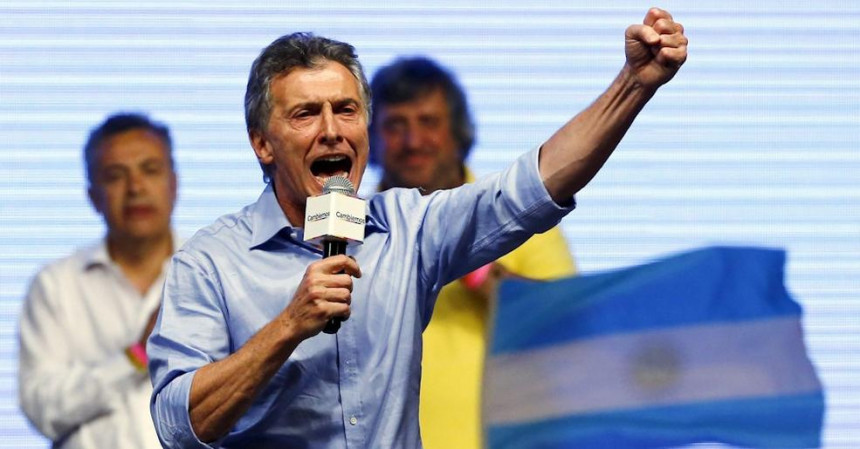
The people are talking, and are slowly discovering the fragile foundations of populist and socialism in the twenty-first century that has come to prove that is not what was expected for this century, and that many of the "socialist" leaders have only some humanist rhetoric and praxis that, indeed, show that the fight against poverty is at the centre of their concerns.
What did 2015 reveal to us in this region? First, populist anti-consciousness awoke. Secondly, that the pendulum of political targets swung towards different horizons beyond the left, right or centre. Let us see why we make these claims.
The resumption of diplomatic relations between Cuba and the United States beyond the economic and political considerations will be a giant step for Cuba, the region and the foreign policy of the United States, showing that ideological rigidity lost ground and survival policy depends crucially on political consensus rather than dissent.
In the United States, we need an Obama open to change and Raul Castro in Cuba, more moderate than his brother, so that there will be conditions leading to opening. The first positive results are making themselves visible slowly but surely, which ultimately contribute to improving the quality of life of Cubans and contributing incrementally to influence the democratic opening and overcoming totalitarian rule.
Why is there a crisis and electoral changes in Latin America? Dismissal in Guatemala, possible impeachment in Brazil and the triumph of democratic factors in Argentina and Venezuela? With their differences, in each case, all have a common denominator; corruption and inefficiency.
Citizens subjected to politics
Some analysts say the pendulum has swung back to the centre or is still to the right. In the case of this region, that is not my opinion. I think it is the public who are being recognized as a subject of politics rather than being subjected to it. They reject the irresponsible ruling class and do not want any more deception, more unfulfilled deals, bulk corruption, arrogance and abuse of power. Why is there a Ms. Rousseff crisis? Why is Lula's legacy over so soon? Some analysts focus only on the economic crisis in Brazil, but I think that is not the crux of the problem; people are rising against corruption in Petrobras and the complacency in the halls of power. The people are against the abuse of power, against long presidential terms. It is a fight against the lack of tolerance and against the ineptitude of bureaucracy.
Look at the corruption scandal currently in Bolivia. Definitely a low amount compared to the millions stolen in other countries in the region, but it created a crisis for President Morales precisely because citizens do not want to give blank checks by their Presidents, however successful they may be. They have to be responsible for their actions, and if guilty, go to jail.







